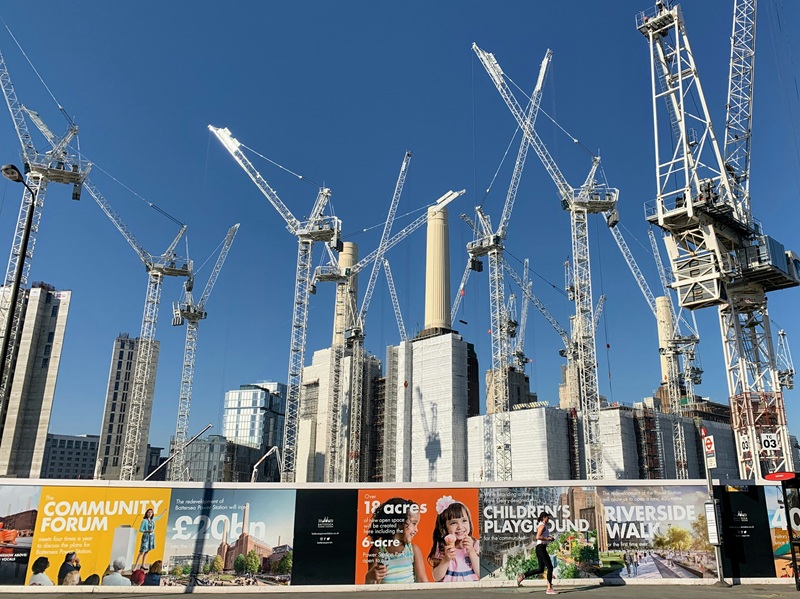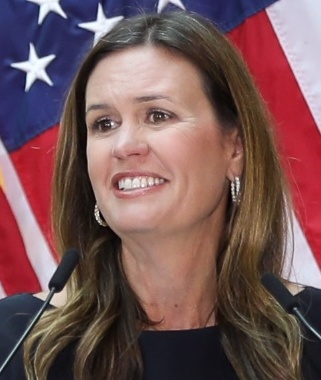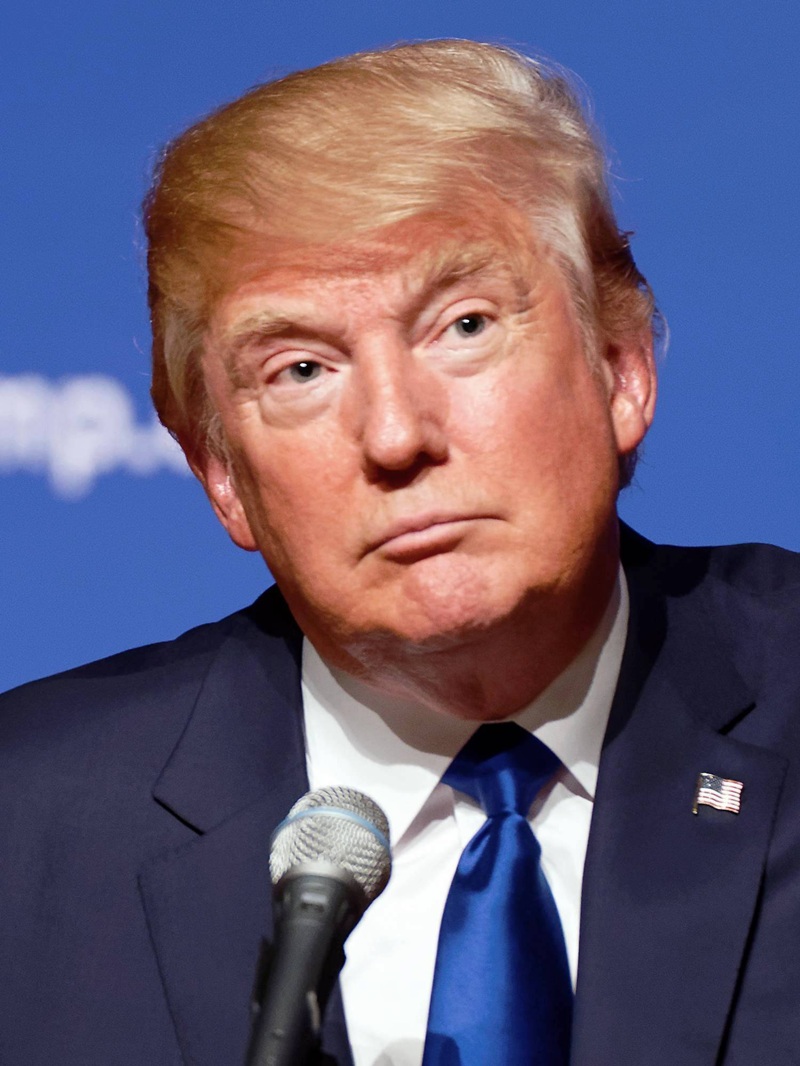1. US FDI Surges Under Trump
Since Donald Trump’s return to the presidency in January 2025, the United States has seen a remarkable boom in foreign direct investment, signaling a renewed global confidence in America’s economic trajectory. International investors have announced a total of 1,049 new projects, marking an 8.6% increase compared to the equivalent period under President Joe Biden’s leadership.
Capital Commitments Skyrocket
The magnitude of investment is even more staggering in monetary terms. So far, foreign companies have pledged $236 billion in capital expenditure, representing a 232.6% increase over the corresponding stretch during the Biden administration. This exponential growth reflects not only investor enthusiasm but also an assertive shift in the U.S.’s global economic posture.
U.S. Share of Global FDI Reaches Record High
Amid this resurgence, the United States has captured a record share of global FDI. With other major economies facing slowdowns or political uncertainty, America is increasingly viewed as a haven of stability and opportunity. The surge underscores the U.S.’s ability to attract cross-border capital at a time when international firms are reevaluating their global footprints.
What’s Driving the Boom?
A combination of domestic policies and international trends appears to be fueling this investment wave:
– Regulatory rollbacks: The Trump administration has aggressively reduced regulations in energy, tech, and manufacturing—sectors historically attractive to foreign investors.
– Corporate tax incentives: Renewed tax breaks and accelerated depreciation schedules have created financial advantages for setting up operations in the U.S.
– Infrastructure investment: Expansion of transport, broadband, and power grids under a “Make America Thrive” initiative has bolstered investor confidence in long-term prospects.
– Geopolitical recalibration: As tensions rise in Eastern Europe and parts of Asia, companies are increasingly “friendshoring” — relocating assets to countries with stronger ties and greater security.
– Skilled labor availability: The U.S. continues to offer unmatched access to highly skilled labor, particularly in tech and research-driven fields.
Industry Focus: Where the Money Is Going
The incoming investment is not distributed evenly—it’s targeting strategic, high-growth areas:
| Country/Region | Estimated Investment | Key Sectors |
| Canada | $96B+ (2023 alone) | Manufacturing, Energy |
| Germany | $58.9B (2023) | Manufacturing, Chemicals |
| South Korea | $100B+ | Semiconductors, Automotive |
| Taiwan | $100B+ | Semiconductors |
| United Arab Emirates | $1.4T (2025 commitment) | Infrastructure, Energy, Finance |
| Saudi Arabia | $600B (2025 commitment) | Energy, Real Estate |
| Japan | $50B+ | Automotive, Electronics |
| France | $20B+ | Shipping, Logistics |
| United Kingdom | $40B+ | Financial Services, Pharmaceuticals |
| Switzerland & Ireland | $50B+ | Pharmaceuticals, Finance |
Economic & Political Implications
This investment surge has political resonance beyond economic data. It strengthens Trump’s narrative of economic resurgence and reinforces his administration’s efforts to position the U.S. as the epicenter of global industrial renewal.
However, critics caution that over-reliance on deregulation and aggressive tax incentives could pose long-term challenges—including environmental risks and budgetary strain from corporate subsidies.
Future Outlook
Looking ahead, sustaining this momentum will require balancing investor-friendly policies with fiscal and environmental stewardship. The U.S. stands at a crossroads: one path leads to robust, diversified growth; the other risks overextension and underprepared infrastructure. As Trump 2.0 continues to unfold, global eyes remain fixed on whether the surge will evolve into a sustained economic transformation.
2. Google to Build $6B Data Centre in India

Google is set to make its largest infrastructure investment in Asia with the construction of a $6 billion hyperscale data centre campus in Visakhapatnam, Andhra Pradesh, according to reports from Reuters and local government sources.
The proposed facility will boast an impressive 1GW of IT capacity, positioning it as the largest data centre by both output and financial commitment in India and across the continent. This strategic move underscores Google’s growing demand for AI infrastructure and cloud services in high-growth markets.
Renewable Energy and Connectivity at the Core
Of the $6 billion investment, $2 billion is earmarked for renewable energy development and regional connectivity expansion. This aligns with Google’s broader sustainability goals and its commitment to powering data operations with clean energy. The Visakhapatnam campus will be supported by new energy infrastructure, likely including solar and wind projects, to ensure a low-carbon footprint.
Strengthening Google Cloud and Sovereign AI
The data centre will serve as a backbone for Google Cloud services, supporting enterprise workloads, public sector applications, and core products like Search, YouTube, and Android. It complements Google’s existing cloud regions in Mumbai (launched in 2017) and Delhi (2021), and will significantly enhance availability, latency, and resiliency for users across India.
In parallel, Google is preparing to launch a sovereign AI cloud solution in collaboration with Airtel Business. This initiative is tailored for regulated industries and government departments, offering compliance-aligned cloud services hosted entirely within India.
Subsea Cable Connectivity
The Visakhapatnam facility will also benefit from enhanced international bandwidth via Google’s Blue Raman subsea cable system. The India segment of this cable is expected to go live in Q4 2025, with landing stations in Mumbai, providing robust global connectivity and cross-region failover capabilities.
Strategic Expansion Across Asia
This investment is part of Google’s broader $85 billion global data centre strategy for 2025. In Asia, the company is also expanding its footprint in Singapore, Malaysia, and Thailand, reinforcing its commitment to digital infrastructure in the region.
3. Hollywood animators to invest £28m in Glasgow studio

A leading Hollywood animation and visualisation company has announced plans to open a new studio in Glasgow, in a move expected to create up to 250 jobs.
Halon Entertainment, which has worked on major productions including The Batman, The Mandalorian, and Planet of the Apes, will invest £28 million in the new facility over the next three years.
The Los Angeles-based firm said the expansion would allow it to better support clients across different time zones and tap into Scotland’s growing creative sector.
The project is being supported by Scottish Enterprise, which is providing £3.9 million in funding.
Chris Ferriter, president of Halon Entertainment, said:
“Expanding our full-service studios on both sides of the Atlantic allows us to better support our clients with world-class services and top-tier talent, no matter where projects take them.”
he Glasgow studio will focus on animation, virtual production, and real-time visualisation for film, television, and video games.
Scotland’s Culture Secretary Angus Robertson welcomed the investment, describing it as a “huge endorsement” of the country’s creative talent.
“It marks a major boost for the digital tech, film, TV and games industries, reinforcing Scotland’s position as a global hub for creative technology,” he said.
The announcement comes as Scotland’s screen sector continues to grow, with the industry generating £366 million in 2023 and employing more than 4,500 people.
4. London and Northern Ireland top UK Inward Investment

John Cameron via Unsplash
London and Northern Ireland have emerged as the top-performing regions in the UK’s latest Inward Investment Regional Competitiveness Index, highlighting their exceptional ability to attract foreign direct investment relative to the size of their economies.
London: The UK’s Investment Powerhouse
London continues to dominate the UK’s FDI landscape, securing the highest competitiveness score of 1.69. This means the capital is attracting 1.69 times its fair share of national greenfield FDI projects, considering its economic size. Although London accounts for 23.3% of UK GDP, it receives a staggering 39.4% of the country’s inward greenfield FDI.
In 2022 alone, London hosted 411 international company expansions, ranking it as the third-largest FDI recipient city globally, behind only Dubai and Singapore. Major investments include a $552 million life sciences facility at Canary Wharf and a $6.5 million IT hub by India-based Mphasis, expected to create 700 new jobs.
Northern Ireland: Punching Above Its Weight
Northern Ireland, the UK’s smallest region by population and GDP, secured a competitiveness score of 1.64, placing it just behind London. Despite attracting only 39 greenfield FDI projects in 2022, its performance is remarkable given its economic scale.
Key source markets for Northern Ireland include the United States and Ireland, which together accounted for 56% of inbound investments. Notable projects include Insider Inc’s new tech hub in Belfast, creating 50 jobs, and Harness’s engineering centre, expected to generate 80 jobs over three years.
Scotland: The Only Other Region in Profit
Scotland was the only other UK region to score above one, with a competitiveness index of 1.23. It accounts for 9.2% of the UK’s inward investment projects, while contributing 7.5% to national GDP, indicating a healthy surplus in FDI attraction.
The Broader Picture
All other UK regions scored below one, meaning they attracted less inward investment than expected based on their economic size. This underscores the need for targeted regional strategies to enhance competitiveness and attract global capital.
Conclusion
The 2025 index reaffirms London’s global stature as a magnet for international investment and highlights Northern Ireland’s strategic agility in leveraging its strengths. As the UK continues to navigate post-Brexit economic dynamics, these regional success stories offer valuable insights into building resilient and attractive investment ecosystems.
5. Gov. Sanders announces trade mission to Israel, UAE

has embarked on a week-long overseas trade mission to Israel and the United Arab Emirates, aiming to strengthen Arkansas’ economic ties with two of the world’s leading innovation hubs. The mission, running from August 3 to August 9, includes high-level meetings with government officials and business leaders, as well as cultural visits and industry roundtables.
In her official statement, Sanders emphasised the strategic importance of the trip:
“Next week I will have a chance to visit Israel, a country that I have long traveled to with my family and where my dad now serves as U.S. Ambassador, to meet with government officials and business leaders and deepen Arkansas’ economic ties. Israel is a hub for innovation, especially in agriculture and manufacturing… After Israel, we will meet with top government and business leaders in the UAE, a global leader in technology, to continue our effort to bring more foreign investment and jobs to Arkansas.”
Focus Areas: Agritech, Defense, and Aerospace
In Israel, Sanders will host roundtables with companies specialising in agritech and defense, including firms already invested in Arkansas. Her itinerary includes visits to the Western Wall and Judea and Samaria, underscoring the cultural and diplomatic dimensions of the mission.
The UAE leg of the trip will spotlight Arkansas’ largest export industry—aerospace and defense. Sanders plans to meet with top Emirati companies to explore partnerships and attract new investments to the state.
Building on Momentum
This trade mission follows Sanders’ recent participation in the Paris Air Show, where she met with global aerospace firms. One notable outcome was a half-billion-dollar investment by L3Harris in Camden, Arkansas, to build a facility for large solid rocket motors.
The governor’s proactive approach to international engagement reflects her administration’s broader strategy to position Arkansas as a competitive destination for high-tech and defense-related industries.







